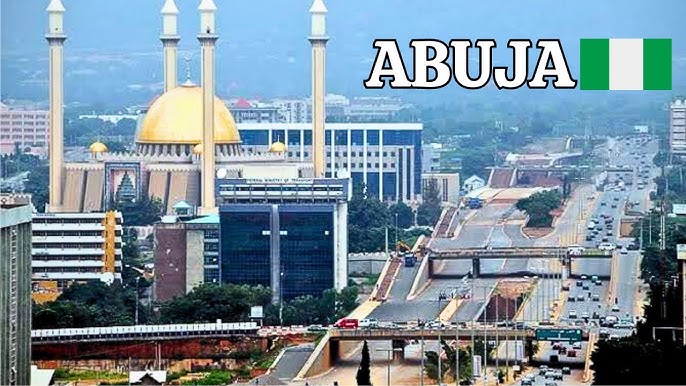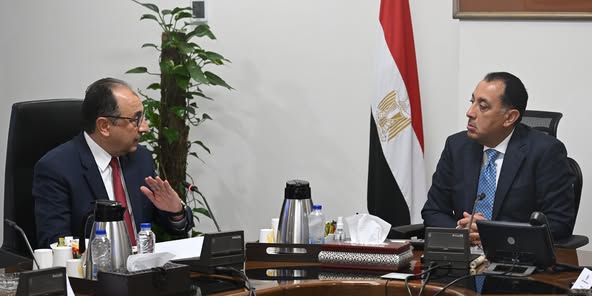Copyright businessday

Business and social activities have returned to normal in Abuja, the nation’s capital, 24 hours after a protest demanding the release of Nnamdi Kanu, leader of the proscribed Indigenous People of Biafra (IPOB), disrupted the city. On Monday, security forces barricaded major roads in Abuja’s city centre to prevent protesters from marching, causing a halt in business and commercial activities across parts of the capital. The demonstration, led by Omoyele Sowore, a human rights activist, despite a court order and police warnings, saw supporters chant slogans such as “Free Nnamdi Kanu now” and “It’s our constitutional right to protest” before security operatives fired tear gas to disperse the crowd. Read also: Kanu: Police teargas BusinessDay journalists as protest grounds Abuja businesses Protesters gathered near key landmarks including Transcorp Hilton, Unity Fountain, and the Nigeria Union of Journalists secretariat, where police and soldiers deployed security measures to block access to government zones such as the Three Arms Zone and Federal Secretariat. However, by Tuesday morning, the city had returned to its usual pace. BusinessDay confirmed that business, commercial, and social activities had resumed, with the police presence from the previous day reduced, though some security personnel remained to maintain order. The protesters, who vowed to continue their demonstrations until Kanu’s release, had caused significant disruption during their march. Kanu has been detained since 2021 following his arrest in Kenya and extradition to Nigeria. Despite the disruption, the swift return of business operations in Abuja highlights the resilience of the city’s commercial life amid political protests. Some residents who spoke to BusinessDay expressed relief at the return to normalcy. Amina Yusuf, a trader, expressed relief that business had returned to normal, saying yesterday was difficult because blocked roads prevented customers from coming to the market. She welcomed the chance to resume daily activities without fear or disruption. Emeka Okafor, a civil servant described the protest as peaceful but disruptive, acknowledging the right to protest while emphasising the importance of minimising the impact on ordinary people. He was glad to see the city calm again, with traffic returning to normal. Sarah Ade, a civil servant, said the previous day’s heavy security presence caused anxiety but noted that things felt safer now. She hopes the government will address the issues raised to prevent further disruptions.



